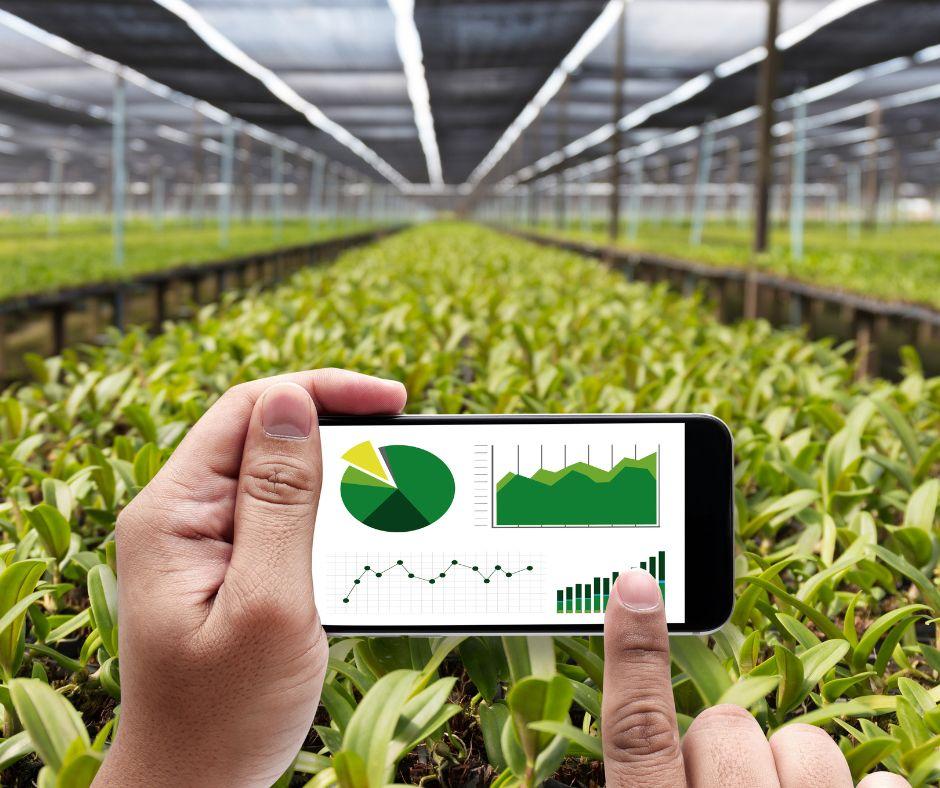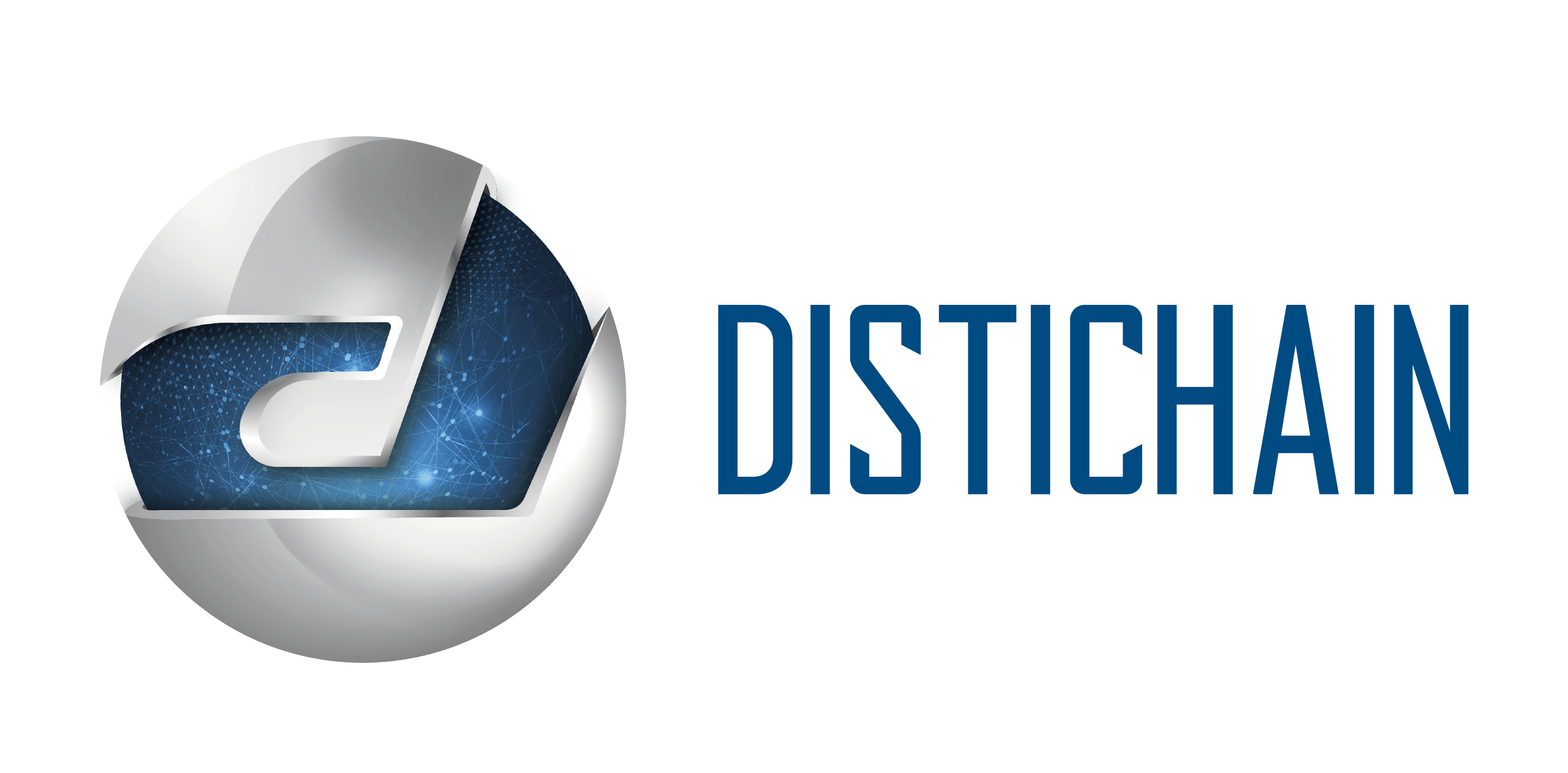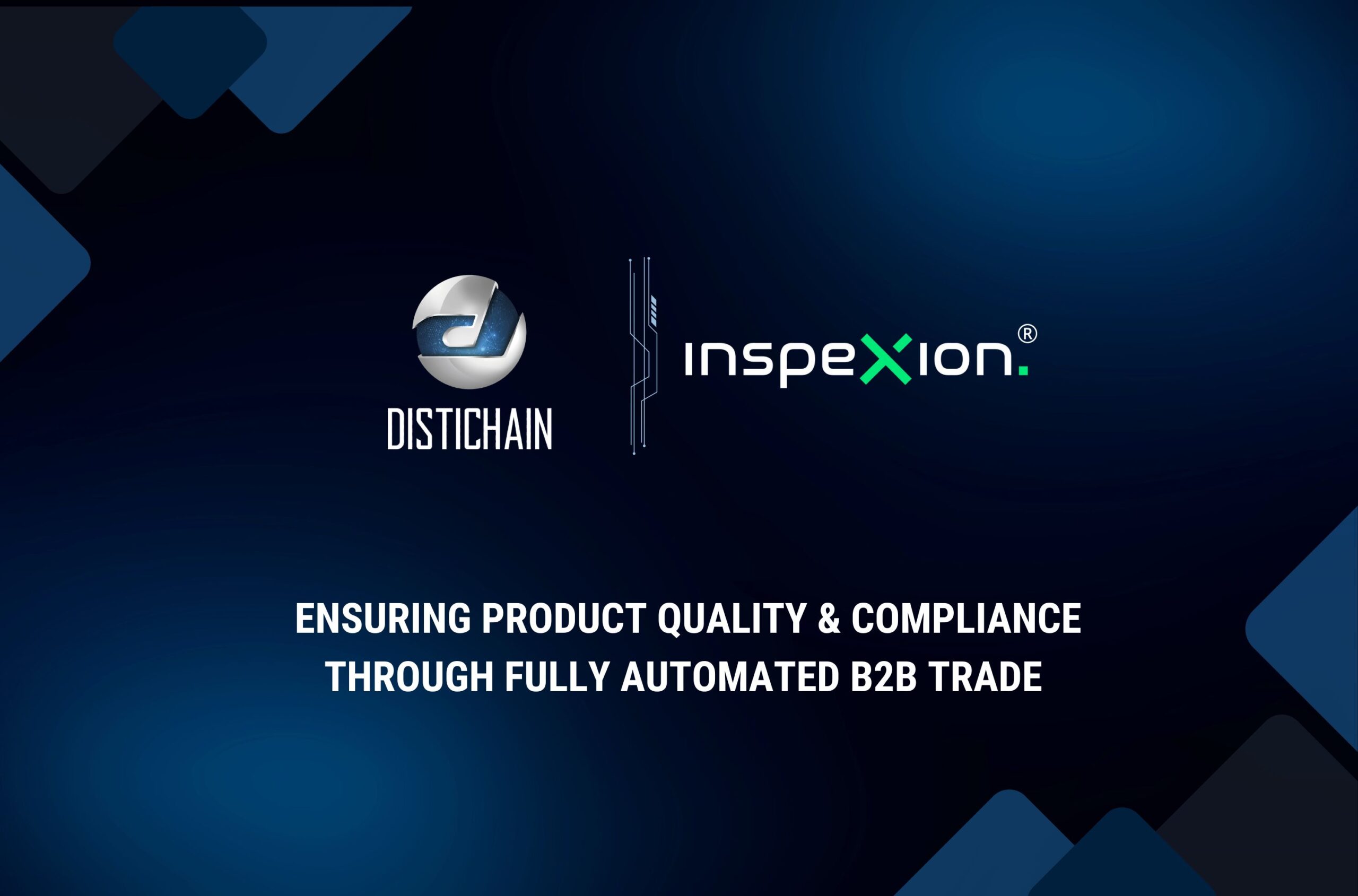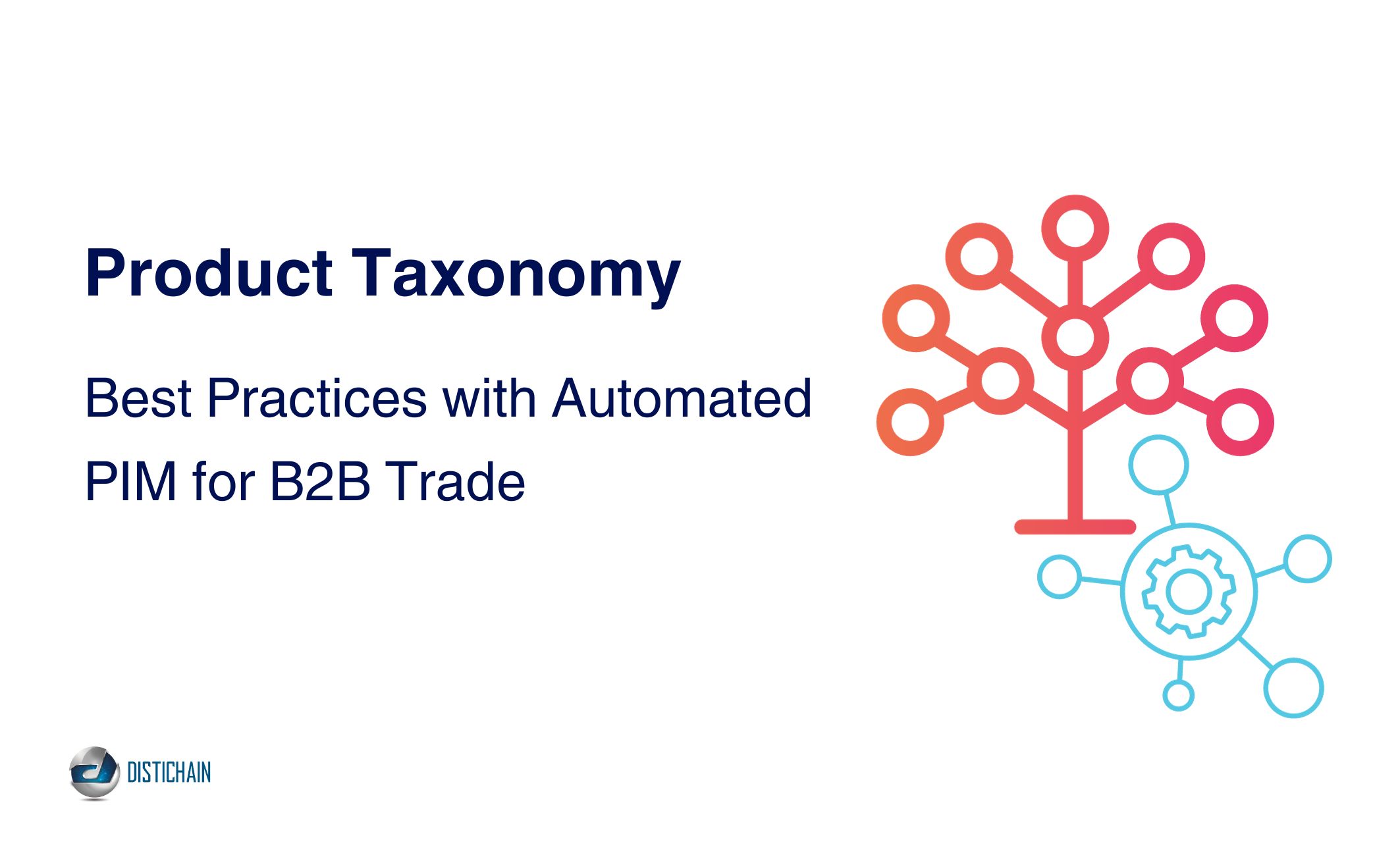Are you aware of the growing concerns in the global market over food safety, ethical sourcing, and environmental impact? These issues pressure the agriculture industry to provide clear information about product origins, production, and distribution.
Traceability and transparency are more important now than ever. B2B platforms are becoming a solution to foster trust between buyers and sellers and address these concerns. This blog will explore traceability and transparency in agriculture trading and how B2B platforms support this.
A Closer Look at the Agriculture Import-Export Landscape
The global agriculture import-export market has seen exponential growth in recent years, mainly driven by technological advancements, transportation, and the demand for diverse food products.
A report by ReportLinker estimates that the global agriculture market will grow from $9607.7 billion in 2020 to $11692.1 billion in 2025. This growth presents new opportunities for stakeholders but also introduces unique challenges.
Challenges Faced by Stakeholders
Tremendous growth comes with its challenges. Here are the most common ones stakeholders face:
- Regulatory and Compliance Issues
Stakeholders must navigate complex rules and compliance requirements in the global market. These can lead to delays, increased costs, and potential legal complications.
- Tariffs and Trade Barriers
Trade agreements and policies can impose tariffs and trade barriers on agricultural products. As a result, this impacts cost, competitiveness, and profitability in the global market.
- Currency Fluctuations
Stakeholders face risks associated with currency fluctuations. These risks affect transaction profitability and need extra hedging strategies.
- Quality Control and Food Safety
Ensuring quality and safety across global supply chains can be time-consuming and expensive, especially for perishable goods.
- Climate Change and Environmental Factors:
Climate change and other environmental factors impact agricultural production yield and quality. Stakeholders must adapt and mitigate risks.
Traceability and Transparency in a Nutshell
Put simply, traceability and transparency are as follows:
Traceability
Traceability is the ability to track the movement of a product or commodity along the supply chain from its origin to the final consumer.
The process involves recording and sharing information about each production, processing, and distribution stage. Stakeholders can verify the product’s history and characteristics regardless of where you are in the process.
In agriculture, traceability ensures easy tracing of food products back to their source, simplifying the identification and addressing of quality, safety, or compliance issues.
Transparency
On the other hand, transparency refers to the openness and accessibility of information related to agricultural product production, processing, and distribution.
The process involves sharing accurate and timely communication with relevant stakeholders (producers, processors, distributors, and retailers).
Transparency fosters trust in the supply chain, supports compliance with regulatory requirements, and allows stakeholders to make informed decisions.
Impact of Traceability and Transparency in the Agriculture Import-Export Market
How do traceability and transparency play a role in the market? They are crucial in creating a more efficient and sustainable agri-trade system.
When implementing traceability systems, stakeholders can address food safety and quality concerns, ensuring a safer and more reliable global supply chain.
Additionally, market transparency fosters better communication between stakeholders, promoting collaboration and innovation in the sector.

Benefits for Businesses in the Agriculture Import-Export Sector
Adopting traceability and transparency in the agriculture import-export sector can give businesses a competitive edge.
This especially holds with B2B platforms, which enable businesses to showcase their commitment to quality, safety, and sustainability. With a platform for transparency about production processes, sourcing, and certifications, businesses can establish long-term relationships and foster brand loyalty.
Furthermore, businesses can access niche markets that value ethical and sustainable practices, with B2B platforms streamlining this process and improving accessibility.
Overcoming Challenges and Embracing Opportunities
Implementing traceability and transparency measures in agriculture trading comes with its own set of challenges and barriers. Yet, the benefits outweigh the hurdles by embracing opportunities and overcoming obstacles. B2B platforms can play a significant role in addressing these challenges:
- Initial Investment
Smaller businesses may find investing in technology and infrastructure daunting. But, emerging tech solutions and cost-effective platforms are becoming more accessible, enabling companies of all sizes to take part.
- Standardization
The need for standardized data formats and processes can hinder seamless information exchange. Collaborative efforts to establish global standards and best practices can help bridge these gaps, paving the way for a unified approach.
- Data Privacy and Security
Ensuring data protection while providing transparency is crucial. Secure platforms and advanced technologies can help balance openness and privacy, fostering stakeholder trust.
- Building Trust and Collaboration
Encouraging open communication and shared responsibility among stakeholders is essential for success. Innovative tech solutions can ease collaboration, enabling businesses to overcome challenges and realize the full potential of traceable and transparent supply chains.
By harnessing the power of technology and fostering collaboration, agri-trade businesses can overcome these challenges and create a more efficient, resilient, and sustainable global agricultural trade system.
Agriculture Trading With Clarity
Emphasizing traceability and transparency is vital in agriculture trading. It ensures food safety, quality, and consumer trust while enhancing global trade efficiency. B2B platforms play a crucial role in supporting these aspects, simplifying the exchange of information and fostering collaboration among stakeholders.
Innovative B2B platforms can revolutionize the agriculture import-export market. Such solutions incorporate advanced technologies in the form of a white-label B2B marketplace or through API integration into existing marketplaces. With a streamlined platform for traceability and transparency, B2B platforms help businesses navigate the complex global trade landscape, fostering a more efficient, resilient, and sustainable agricultural trade system for all stakeholders.
Wrapping Up
Traceability and transparency in agriculture trading are essential to address food safety, ethical sourcing, and environmental concerns. A B2B platform can be invaluable in simplifying communication, promoting collaboration, and showcasing a business’s commitment to quality and sustainability.
By embracing these values and harnessing the power of B2B platforms, companies in the agriculture import-export sector can thrive in the global market.
Elevate your B2B trade with traceability and transparency. Learn How Distichain Can Help.










